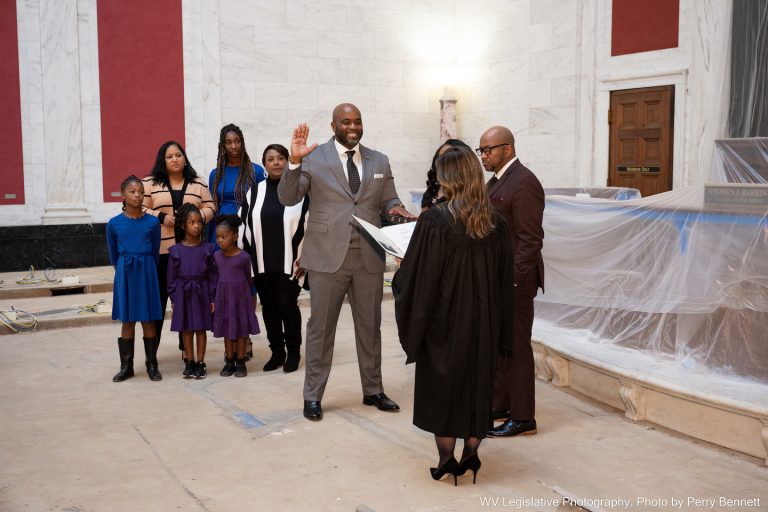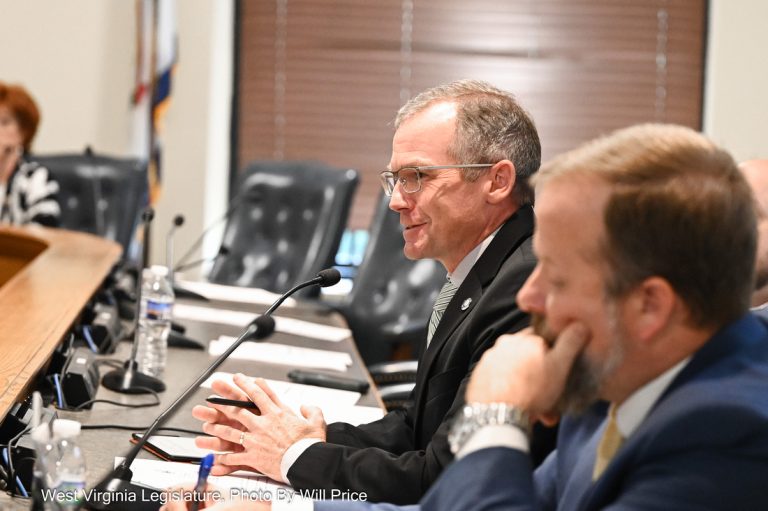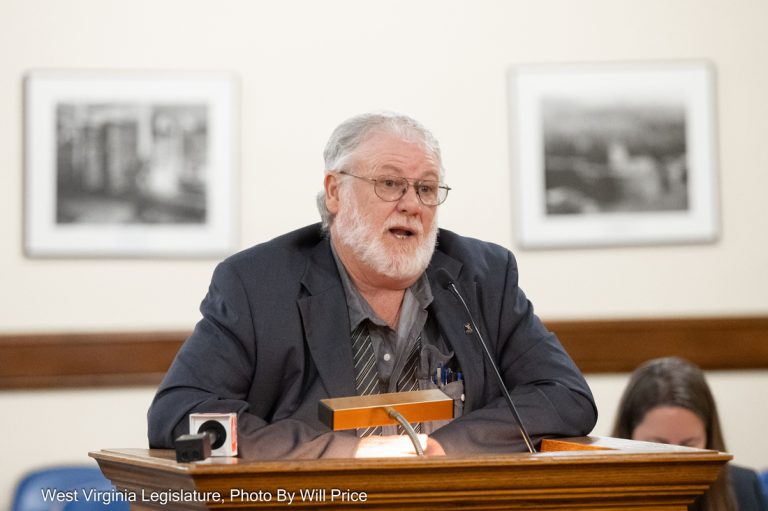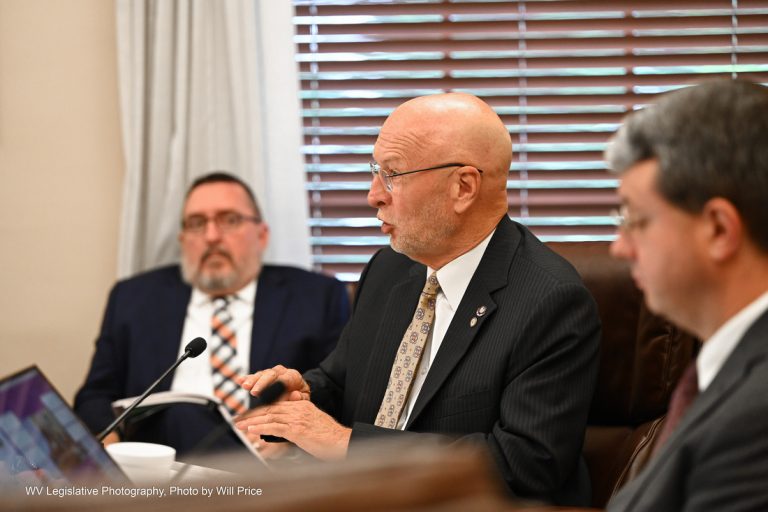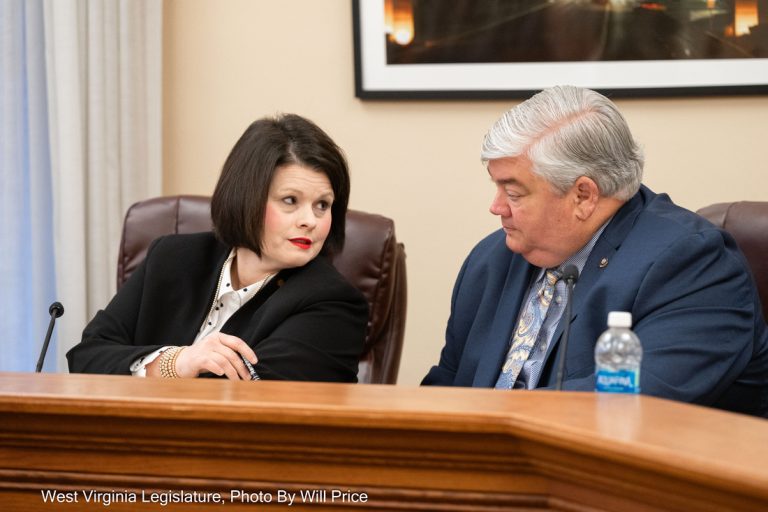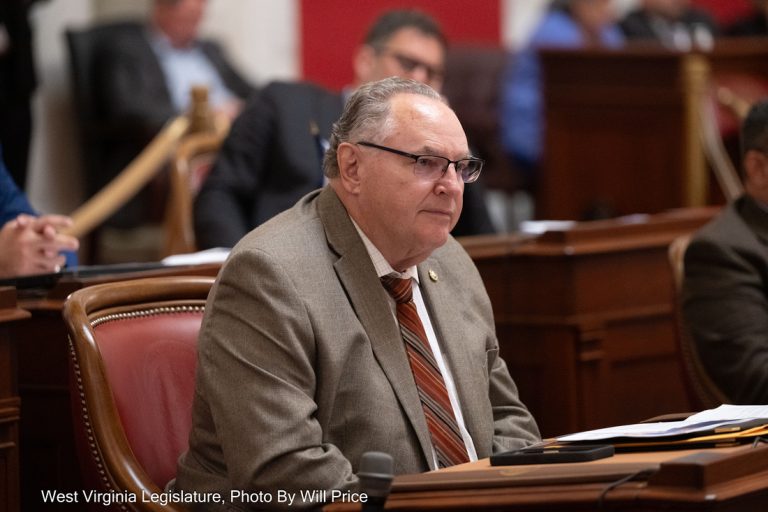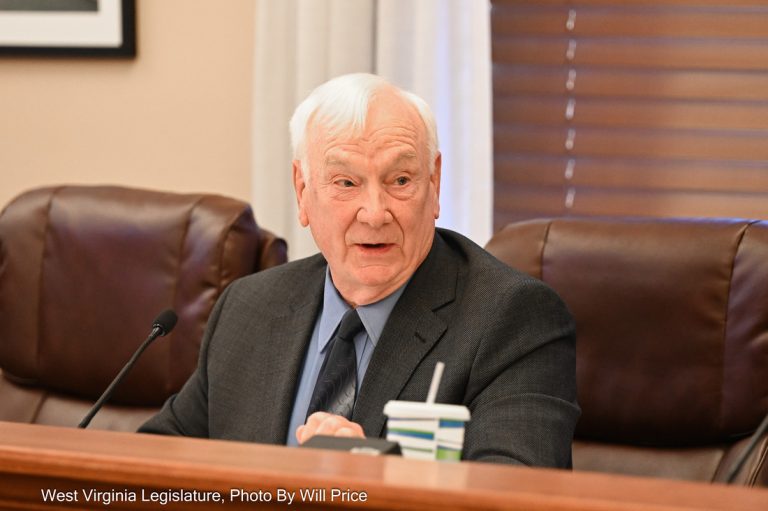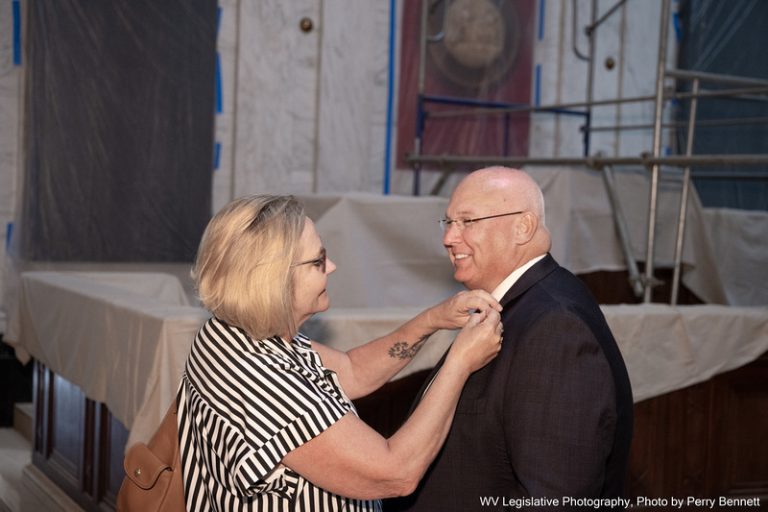The Joint Health Committee met this afternoon to hear several presentations including a review of the mental hygiene process and the State Health Plans.
The main issue in the mental hygiene process is that the probable cause stage takes too long. Most of the issues with finding probable cause come from outside the court including the delays in locating of individual, the evaluation, finding counsel, and locating a bed for the individual. Something that could help the courts would be the availability of mental hygiene commissioners (MHC).
A model concept was presented. The model would have seven mental hygiene regions grouped by CMHCs and Sharpe and Batemen counties. Each region would have one full-time commissioner per approx. 375 fillings. MHCs would be employed by and have oversight from the Supreme Court. Commissioners would work regular office hours and would rotate “on-call” duties to provide 24/7 services.
All hearings for mental competency would be conducted by video with possible connections at law enforcement offices, hospitals, jails, and CMHC. Regional MHC would handle all involuntary commitments.
This model would replace the current part-time system. A benefit to this model would allow full-time MHCs to focus exclusively on providing mental hygiene services and the flexibility for unplanned hearings. The current system has MHCs who maintain full-time legal practices so their ability to provide services is subject to their other responsibilities. Full-time commissioners would be able to devote time to be trained on mental health issues. With the Supreme Court providing oversight, the process would be consistent throughout the state. If the commissioners were given statewide jurisdictions, cross-county coverage could take place.
The cost for this model would be $2,161,000, which would be funded through the court’s budget. Currently, the court spends about $ 1,000,000 in fees. The increase would be about $1.2 million, however, if travel and equipment are included the total net cost would be $1.6 million.
It is recommended that a pilot program take place in one region before moving to a statewide launch.
Currently, West Virginia is ranked 47th in the country for health outcomes. The southern counties have worse outcomes than the northern counties. Health outcomes are driven by access to health care, the quality of care, tobacco use, drug and alcohol use, education, employment, income, family and social support, community safety, air and water quality, and housing and transportation access.
The economy and health outcomes are interdependent. Healthy workers are more productive and innovative. Having productive and innovative workers brings in business interest. Investing in health can “turbocharge” economic development.
It’s important to understand that no single entity can improve health outcomes alone. Health is multidisciplinary, meaning several agencies and organizations will have to work together to improve it.
Structural changes are in the works to improve outcomes. The State Health Assessment will be completed by December. State Health Improvement Plans will be developed to define policies to improve priorities. Through these plans, stakeholders will define a shared understanding of health values and measures of success. The development of a data system will allow the accurate tracking of outcomes. Funding can be scaled based on the successfulness of measures.



